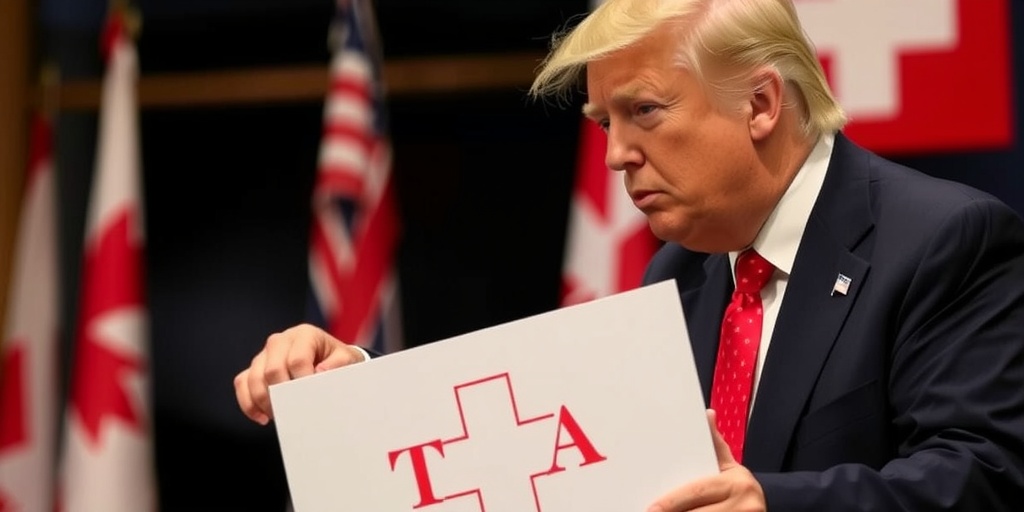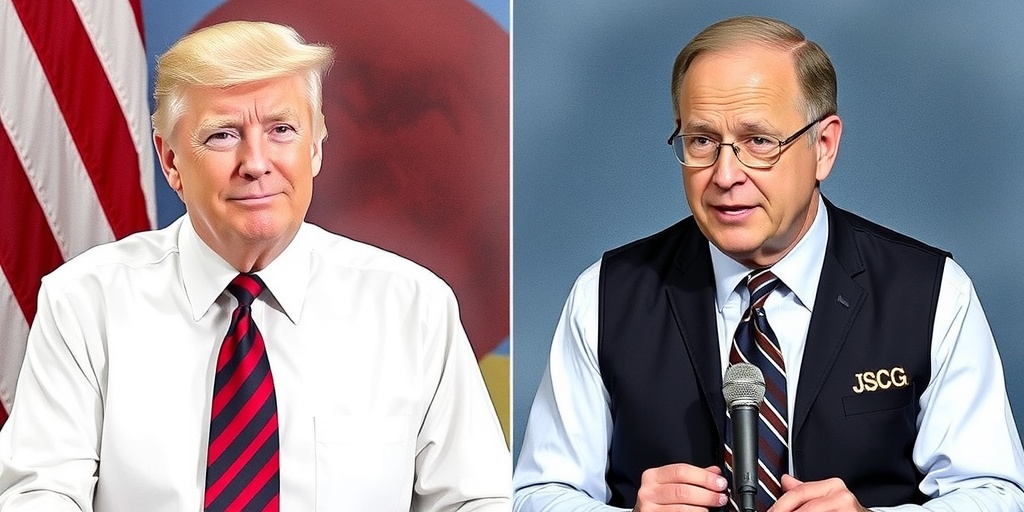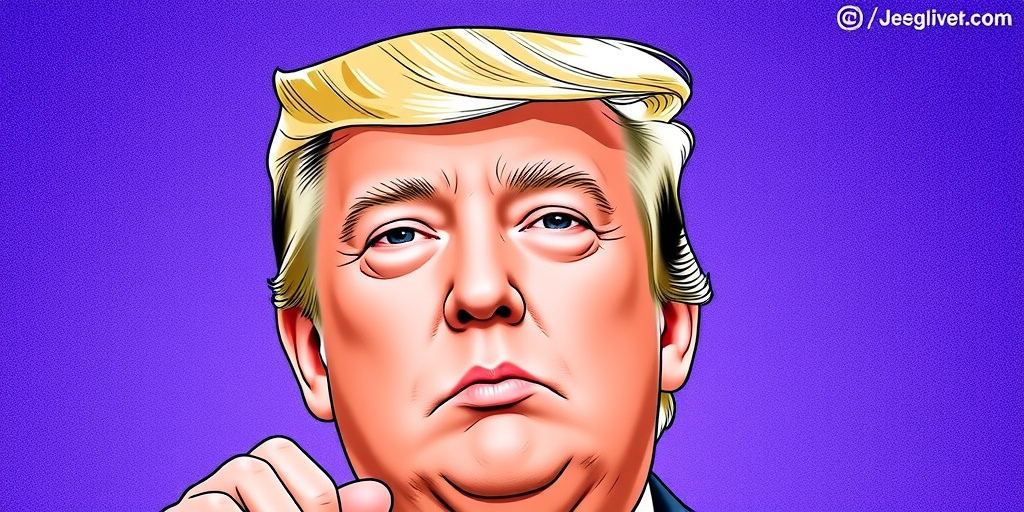Now Reading: Swiss Indignation Over Trump’s Tariff List Top 10
-
01
Swiss Indignation Over Trump’s Tariff List Top 10
Swiss Indignation Over Trump’s Tariff List Top 10

Switzerland Taken by Surprise as U.S. Tariffs Hit Hard
Switzerland, a small Alpine nation known for its neutrality and renowned products like fine chocolates and precision watches, has found itself unexpectedly affected by tariffs imposed by the Trump administration. Historically, Switzerland has maintained a strong trade relationship with the United States, where Swiss companies contribute significantly to employment, generating half a million jobs in the U.S. This made the sudden announcement of double-digit tariffs, which were set between 31% and 32%, all the more surprising to Swiss officials and businesses alike.
The confusion surrounding the exact tariff rate only exacerbated the issue; while the White House and the U.S. Trade Representative offered differing numbers, even the Swiss government was left in the dark. Karin Keller-Sutter, the Swiss president, expressed the country’s bewilderment at the U.S.’s approach, noting that U.S. calculations seemed incomprehensible to Swiss authorities. She stated that Switzerland would not retaliate with its own tariffs but would seek dialogue with Washington to negotiate a reduction.
This puzzling turn of events has left the Swiss feeling indignant. The tariffs imposed on Switzerland are notably higher than those on the European Union, which faces a 20% tariff, and Britain, subject to a minimum of 10%. As a result, Swiss products—ranging from chocolate bars to medical devices—would now incur significantly higher duties compared to similar goods from Britain. Such disparities have led Swiss business leaders to label the tariffs as "incomprehensible."
Jean-Philippe Kohl, deputy director of Swissmem, the association for Swiss technology manufacturers, criticized the arbitrary nature of the levies, emphasizing that Switzerland currently has a zero-tariff policy on American imports. This has raised questions about the rationale behind the President’s decision, particularly given that Switzerland has historically been a major investor in the U.S.—ranked sixth among foreign investors and leading in research and development contributions, largely due to the presence of pharmaceutical giants like Roche and Novartis.
While some sectors may escape the brunt of the tariffs for now, such as pharmaceuticals, the implications are already being felt across various industries known for their quality and precision. Daniel Bloch, CEO of Chocolats Camille Bloch, highlighted the financial burden that increased tariffs could impose on consumers. His company, known for exporting specialty kosher chocolates like the Ragusa and Torino brands, faces an increase in prices—from around $3 to nearly $5 per chocolate bar—making them much less accessible to buyers.
“It is happening so fast that it doesn’t give us a chance to make good pricing that consumers can adapt to,” Bloch remarked, underscoring the frantic attempts to communicate with U.S. distributors, who were overwhelmed by the changes.
The impact on Switzerland’s watch industry—a sector that makes up 16% of the country’s exports—has also been substantial. Many companies are forced to consider price increases to offset the new tariffs. Georges Kern, CEO of luxury watchmaker Breitling, acknowledged the challenges posed by the tariffs but expressed optimism that the situation would stabilize in the coming months.
Despite the initial shock, the Swiss government remains committed to avoiding escalating trade tensions. Keller-Sutter stated that retaliatory tariffs are not in Switzerland’s interest, particularly to protect the pharmaceutical sector from potential fallout. Economists have pointed out that the tariffs reflect the Trump administration’s broader aim to rectify trade deficits—the U.S. had a $38.5 billion deficit with Switzerland in 2024.
However, this strategy conflicts with the ethos of Swiss manufacturers, whose brands are intrinsically linked to their homeland’s reputation for quality. The exports from Switzerland to the U.S. include many luxury items, and the market’s willingness to absorb higher prices could vary greatly from consumer to consumer.
Some experts, like Reto Foellmi, an economics professor at the University of St. Gallen, suggest that about 30% of Swiss export goods are affected by these tariffs. He notes that smaller manufacturers could face the hardest impacts but stresses that many of these goods command a premium price, meaning some consumers may still be willing to pay the increased costs.
As the situation unfolds, companies like Chocolats Camille Bloch and others in Switzerland are left grappling with the unpredictability of a market they once viewed as stable and reliable. Bloch encapsulated the sentiment of many Swiss business leaders: “We always saw the United States as a trustworthy, reliable market. But now it has become unpredictable.” With ongoing conversations about tariffs and trade looming, the future of Swiss exports to the U.S. hangs in the balance.
Stay Informed With the Latest & Most Important News
Previous Post
Next Post
Previous Post
Next Post
-
 01New technology breakthrough has everyone talking right now
01New technology breakthrough has everyone talking right now -
 02Unbelievable life hack everyone needs to try today
02Unbelievable life hack everyone needs to try today -
 03Fascinating discovery found buried deep beneath the ocean
03Fascinating discovery found buried deep beneath the ocean -
 04Man invents genius device that solves everyday problems
04Man invents genius device that solves everyday problems -
 05Shocking discovery that changes what we know forever
05Shocking discovery that changes what we know forever -
 06Internet goes wild over celebrity’s unexpected fashion choice
06Internet goes wild over celebrity’s unexpected fashion choice -
 07Rare animal sighting stuns scientists and wildlife lovers
07Rare animal sighting stuns scientists and wildlife lovers





















